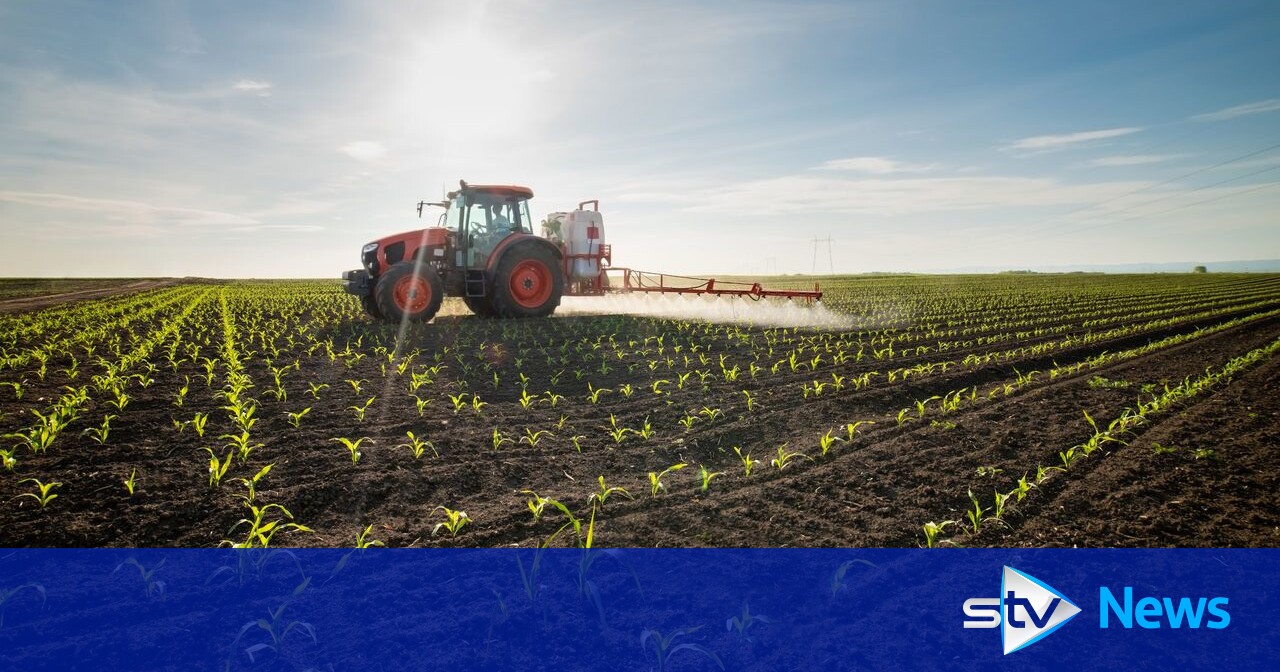India and UK Seal Free Trade Agreement

The UK and India have finalized an "ambitious" trade deal set to eliminate tariffs on various products, including whisky and gin. This agreement will also cut Indian tariffs on cosmetics and medical devices, potentially boosting the UK economy by £4.8 billion, according to government estimates. Bilateral trade is projected to increase by £25.5 billion, with UK GDP rising by £4.8 billion and wages by £2.2 billion annually in the long term.
This news offers a positive development for the government following recent poor local election results. A notable aspect of this deal is that the UK government secured it with India before the United States. However, it was revealed that British employers will be exempt from paying national insurance for Indian workers for three years, potentially making it more cost-effective to hire Indian employees.
Conservative leader Kemi Badenoch commented that Labour's negotiation tactics typically lead to losses for Britain, suggesting that industries like ceramics and aluminum would be negatively affected. Last year, Indian nationals constituted the largest proportion of work visas issued and the second-highest proportion of study visas, with 81,463 Indian nationals granted work visas, representing 22% of all work visas. Pakistan followed with 9%.
The Indian government hailed the NIC exemption as a significant victory that will enhance the competitiveness of Indian service providers in the UK. Prime Minister Sir Keir Starmer praised the agreement as a historic moment for both the UK and India, highlighting it as the most substantial trade deal the UK has undertaken since leaving the EU.
The trade deal, three years in the making, involved complex negotiations given the differing economic landscapes of the UK and India. India's economy is known for its protectionist policies, with average tariff rates around 130%, while the UK maintains a more open economy with tariff rates hovering around 5%. The agreement includes concessions on 90% of tariff lines, with 85% set to reduce to zero within a decade. Whisky tariffs, currently at 150%, will be halved within ten years, a concession unmatched by any other country.
Trade-offs include the UK's agreement to lower tariffs on Indian textiles and apparel and facilitate the entry of Indian professionals, without formal changes to immigration policy. Both countries have maintained protections for certain industries, with the UK retaining tariffs on milled rice and India on dairy. Quotas have been established for cars to safeguard domestic industries. India's request for an exemption from the UK’s carbon tax for its high-emission industries was reportedly denied.
Prime Minister Narendra Modi also welcomed the agreement as a historic milestone and looks forward to welcoming Prime Minister Starmer to India soon. Negotiations for the deal relaunched in March after previous stalls. Under the agreement, 90% of tariff lines will be reduced, with 85% becoming tariff-free within a decade. Whisky and gin tariffs will decrease from 150% to 75% initially, eventually dropping to 40%. Automotive tariffs will reduce significantly under a quota system. Indian consumers will benefit from reduced tariffs on cosmetics, aerospace, lamb, medical devices, salmon, and other products, while British shoppers can expect lower prices on clothes, footwear, and food products.
India's trade ministry noted that 99% of Indian exports will benefit from zero duty, the UK will remove tariffs on textile imports, and Indian employees in the UK will be exempt from social security payments for three years. Shadow trade secretary Andrew Griffith acknowledged the benefits of reducing costs and burdens on businesses in international trade due to Brexit but called for similar measures within the domestic economy.
The British Chamber of Commerce also welcomed the agreement, citing relief for exporters due to tariff reductions on products like Scotch whisky and clothing. They anticipate that a follow-up investment treaty will bolster manufacturing and other sectors in both economies. Prime Minister Narendra Modi announced that India and the United Kingdom (UK) have finalized the Free Trade Agreement (FTA). PM Modi noted that this agreement will deepen the comprehensive strategic partnership, and catalyse trade, investment, growth, job creation, and innovation in both economies. Both agreed that this landmark agreement between the two big and open market economies of the world will open new opportunities for businesses, strengthen economic linkages, and deepen people-to-people ties. The conclusion of a balanced, equitable and ambitious FTA, covering trade in goods and services, is expected to significantly enhance bilateral trade, generate new avenues for employment, raise living standards, and improve the overall well-being of citizens in both countries.
You may also like...
Diddy's Legal Troubles & Racketeering Trial

Music mogul Sean 'Diddy' Combs was acquitted of sex trafficking and racketeering charges but convicted on transportation...
Thomas Partey Faces Rape & Sexual Assault Charges

Former Arsenal midfielder Thomas Partey has been formally charged with multiple counts of rape and sexual assault by UK ...
Nigeria Universities Changes Admission Policies

JAMB has clarified its admission policies, rectifying a student's status, reiterating the necessity of its Central Admis...
Ghana's Economic Reforms & Gold Sector Initiatives

Ghana is undertaking a comprehensive economic overhaul with President John Dramani Mahama's 24-Hour Economy and Accelera...
WAFCON 2024 African Women's Football Tournament

The 2024 Women's Africa Cup of Nations opened with thrilling matches, seeing Nigeria's Super Falcons secure a dominant 3...
Emergence & Dynamics of Nigeria's ADC Coalition

A new opposition coalition, led by the African Democratic Congress (ADC), is emerging to challenge President Bola Ahmed ...
Demise of Olubadan of Ibadanland
Oba Owolabi Olakulehin, the 43rd Olubadan of Ibadanland, has died at 90, concluding a life of distinguished service in t...
Death of Nigerian Goalkeeping Legend Peter Rufai

Nigerian football mourns the death of legendary Super Eagles goalkeeper Peter Rufai, who passed away at 61. Known as 'Do...




